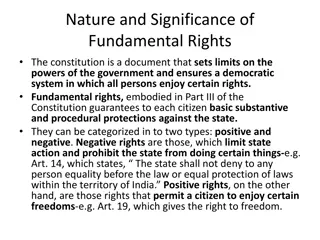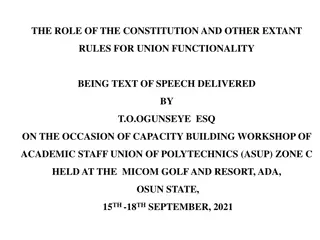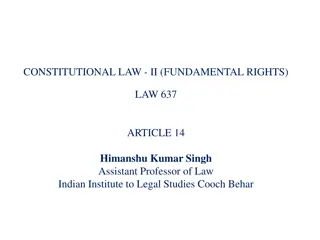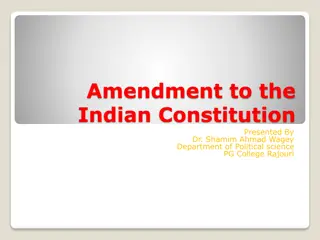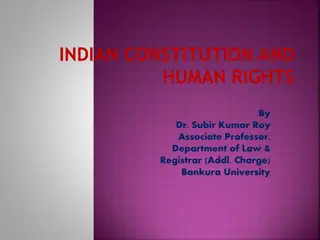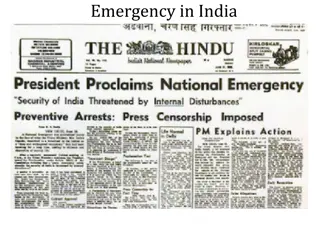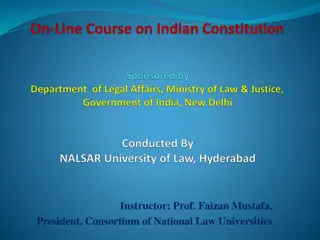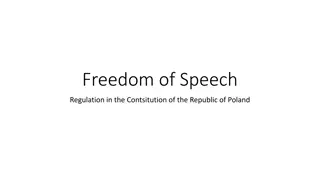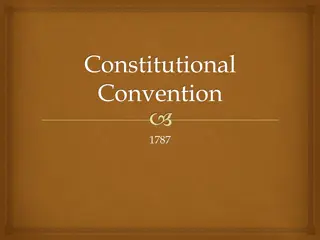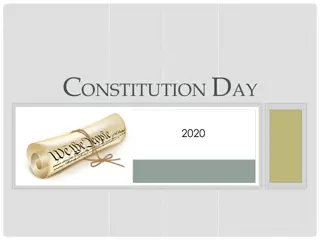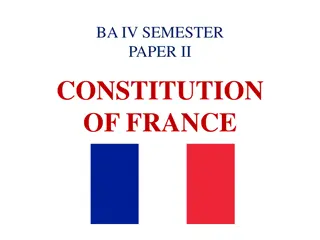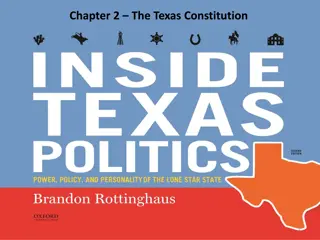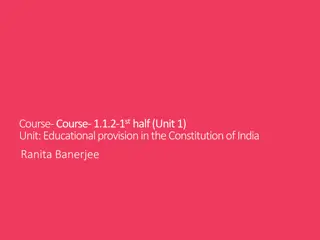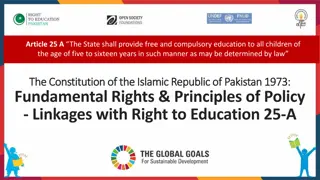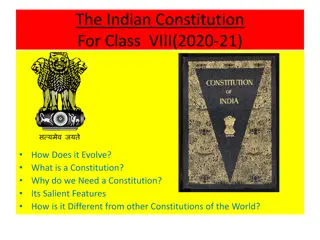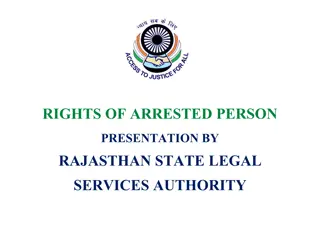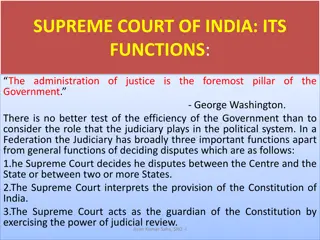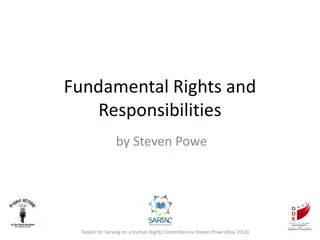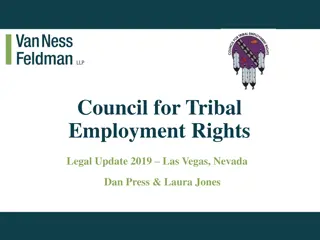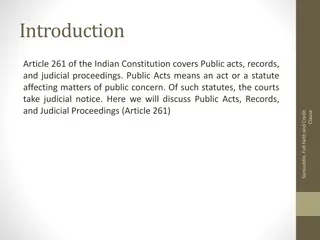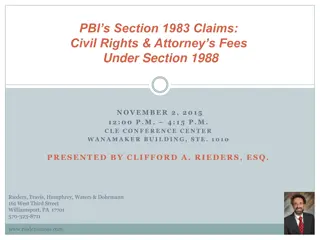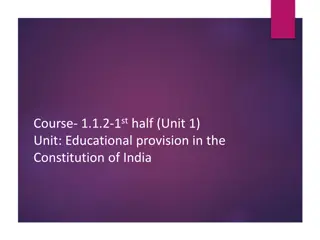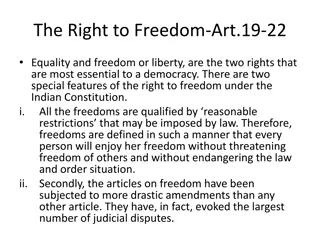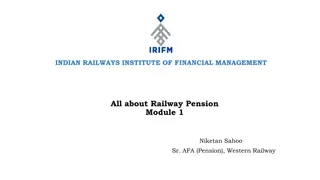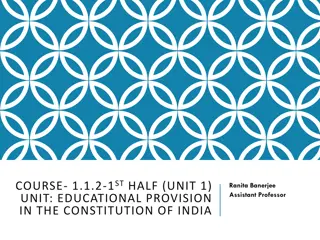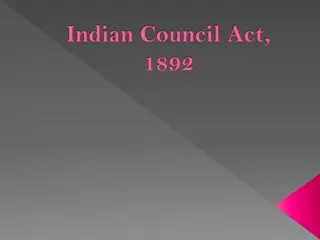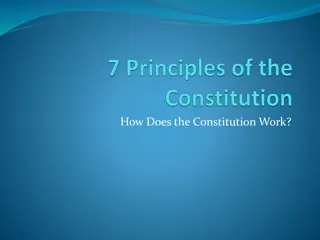Understanding Fundamental Rights in the Indian Constitution
Fundamental rights are crucial for developing an individual's personality and dignity in society. The Indian Constitution grants six fundamental rights, including equality, freedom, and protection against exploitation. Despite certain limitations, these rights are essential for upholding individual liberties and can only be suspended in exceptional circumstances. The right to life under Article 21 is considered sacrosanct even during times of emergency. The evolution of fundamental rights in India reflects a balance between individual freedoms and societal interests.
Download Presentation

Please find below an Image/Link to download the presentation.
The content on the website is provided AS IS for your information and personal use only. It may not be sold, licensed, or shared on other websites without obtaining consent from the author. Download presentation by click this link. If you encounter any issues during the download, it is possible that the publisher has removed the file from their server.
E N D
Presentation Transcript
Presented by Kakali Kundu Assistant professor of political Science B.B.College,Asansol
Why fundamental Rights are Fundamental? In order to Develop his personality and to establish his dignity in the social and political life, a citizen must have these right. According to article 13(2) of the Constitution ,the state can not make any law, rule ,regulation or issue an order in violation of any of the fundamental rights. fundamental rights can never be suspended in normal circumstances. They can be suspended only in extraordinary situation when emergency proclaimed under Article 352.
How many Fundamental Right in Indian Constitution at present There are six fundament rights Right to Equality (Articles-14-18) Right to Freedom(Articles 19-22) Right against Exploitation (Articles 23-24) Right to freedom of Religion(Articles 25-28) Cultural and Educational Rights (Articles 29-30) Right to Constitutional Remedies (Article32)
Some Limitations of Fundamental Rights Though article 14 of the Constitution recognize right to equality . But article 15 allows the state to make discrimination in favourof women, children and the socially and educationally backward classes of citizen. Article 19 of the constitution guarantees six kinds of freedom but the state, on definite grounds ,may impose reasonable restrictions on these freedom. in the name of National interest and national security state may impose some limitations of fundamental Rights
Fundamental rights can be suspended when emergency proclaimed under Article 352.
Right to life (Article 21) can not suspended even national emergency come.
Part iii of the Indian Constitution. Originally gave seven Fundamental Rights. But the 44thconstitution Amendment Act,1978 deleted article 19(1)(f) and article 31 of the constitution and thereby abolished the fundamental right to property.
What is the status of the right to property now Article 300A which states that no person can be deprived of his property except by authority of law.




